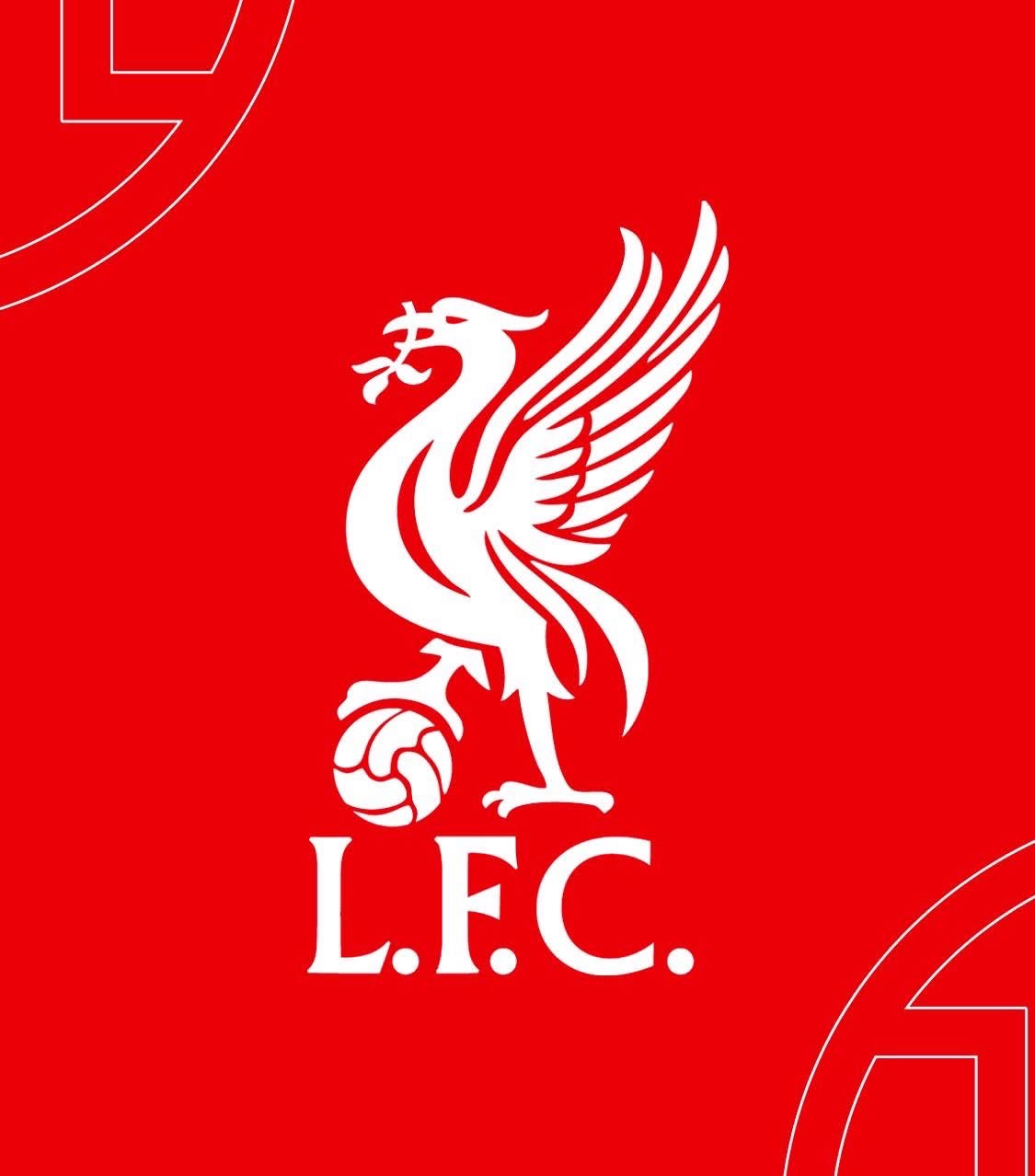Milos Kerkez endured a night to forget after being withdrawn from the game as early as the 38th minute. It was a moment that reflected the scale of his struggles, as the manager decided to act decisively long before halftime. For any player, being substituted that early in a match can feel like a public statement about their performance, and in this case, it was hard to argue otherwise.
From the opening whistle, Kerkez looked unsettled and out of rhythm. His touches were heavy, his passes often failed to find their mark, and he seemed to be caught out of position on several occasions. Opponents targeted his side repeatedly, sensing vulnerability, and it was clear that the pressure was beginning to overwhelm him. In a sport where confidence is everything, his hesitancy only made matters worse as the minutes went by.
The manager’s decision to replace him before halftime was as much about damage control as it was about strategy. Coaches rarely make changes that early unless they feel the situation demands immediate correction, and unfortunately for Kerkez, he was deemed the weak link on the night. The substitution was a stark reminder that at the highest level, mistakes are magnified and performances are judged with ruthless precision.
This outing is likely to be remembered as one of the lowest points of Kerkez’s career so far. Players often describe such moments as a harsh but valuable lesson, one that tests their mental strength and resilience. How he responds in the coming weeks will be crucial, as fans and analysts will be watching closely to see if he can turn this setback into a springboard for improvement.
Every footballer faces games like these, where nothing seems to work out no matter how hard they try. The challenge for Kerkez now is to reset mentally, work harder on the training ground, and come back stronger. If he can channel the frustration of this performance into determination, this difficult night might one day be seen as a turning point rather than a lasting blemish on his career.




